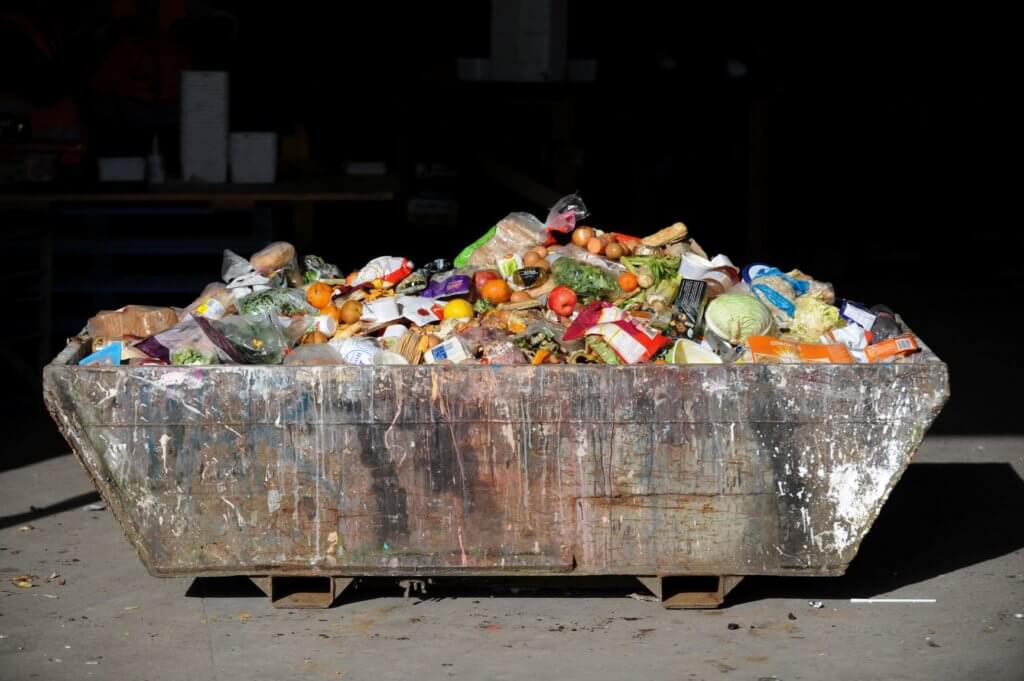New research reveals New Zealanders are making an effort to reduce food waste but it’s not enough

New research from Love Food Hate Waste has revealed that New Zealanders are making efforts to reduce their food waste, but it is not enough to have a significant national impact.
An online attitudinal study showed that 66% of Kiwis have taken actions in the last two years to reduce their food waste. On average, respondents had undertaken six different actions, such as eating leftovers and planning their meals.
While these actions are positive, they have not yet translated into significant decreases of food waste to landfill. Bin audits conducted in 2018 showed that, on average, New Zealand households were throwing away 3.15kg of food a week via their domestic kerbside collection. This is down from 3.17kg of food waste from bin audits conducted in 2014-2015.
However, the audits showed that targeted households who have heard of Love Food Hate Waste have decreased their food waste to landfill by 27.1%.
“It is incredibly positive to see the impact that the Love Food Hate Waste campaign has had,” said Love Food Hate Waste spokesperson Jenny Marshall.
“The results show that where people have engaged with the campaign, we have been able to reduce food waste by 27%. This means that at least 14,000 tonnes of food waste have been diverted directly as a result of the campaign.
“A total national decrease in food waste to landfill is going to be incredibly challenging to achieve with the rate that New Zealand’s population is growing, but individual households can still have an impact.
“We know that people are aware of the issue of food waste and are making efforts to reduce how much food they throw away. The challenge with food waste is that these are behaviours that need to be repeated over and over again. It is much like losing weight where every meal counts.”
Increased awareness of the issue of food waste has also resulted in a range of community and business initiatives which are tackling food waste, such as Countdown’s The Odd Bunch range which sells misshapen produce, the 135 community fruit and vegetables stands around the country and the Environment Select Committee Briefing into food waste.
Click here to read a summary of the research.